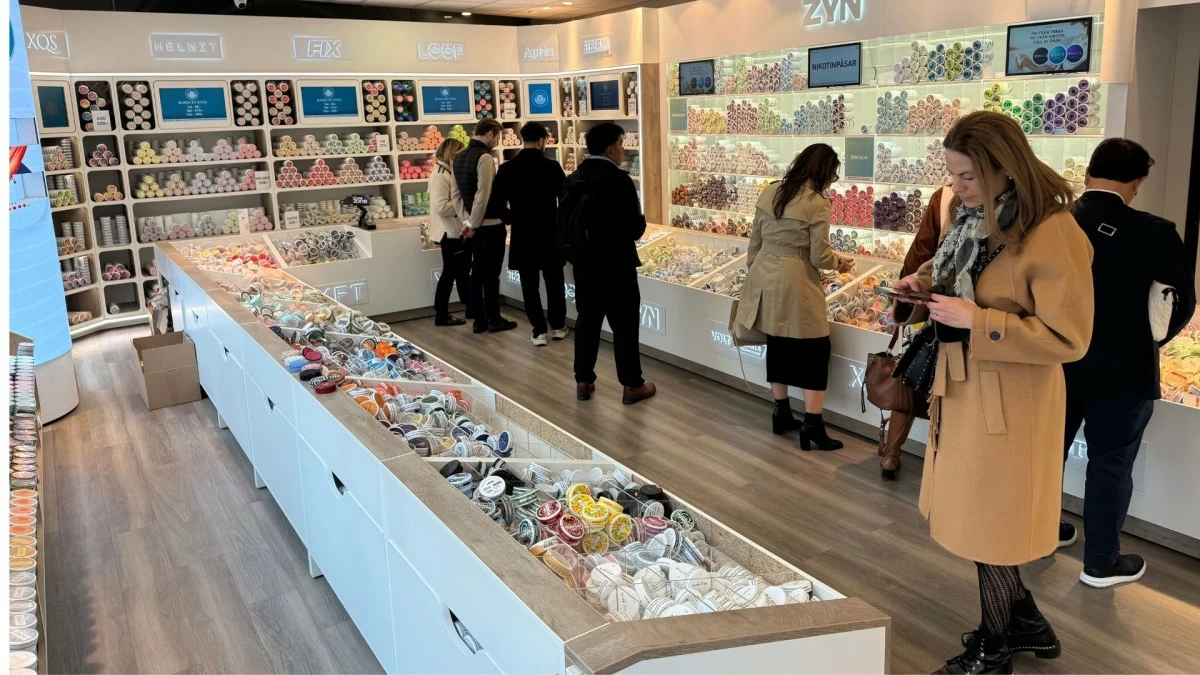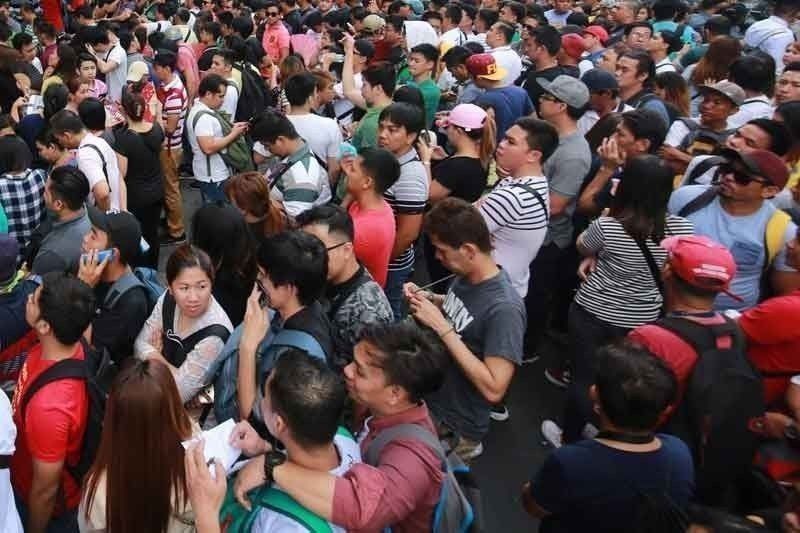
Upgrade to High-Speed Internet for only ₱1499/month!
Enjoy up to 100 Mbps fiber broadband, perfect for browsing, streaming, and gaming.
Visit Suniway.ph to learn
America’s role as the world’s number one destination for capital and talent faces its biggest test in decades as Trump’s unconventional policymaking and strong-arm tactics threaten to transform the nation from a source of stability into a driver of volatility.
Trump targets Harvard
The Trump administration’s revocation of Harvard University’s certification to enroll international students has ignited concerns whether the US remains a reliable haven for global investment and innovation. The move affects nearly 7,000 foreign students at the Ivy League institution and signals a broader retreat from policies that have underpinned American economic dominance since World War II.
Immigration crackdown threatens innovation pipeline
The Harvard action comes as the US competes with China for leadership in artificial intelligence, quantum computing and next generation technologies – fields where top talent represents a finite strategic asset. More than 60 percent of AI PhDs in the US are foreign-born, and international students account for nearly 80 percent of full-time graduate students in key STEM fields, according to the National Science Foundation.
“It would be devastating not just for the university but for the image of the United States in the world,” former US State Secretary and Harvard president emeritus Lawrence Summers told Politico. “It would make us poorer as we lose a major source of entrepreneurship.”
Crackdown undermines competitiveness
While officials cite national security over foreign influence, the crackdown undermines US’ own strategic advantages. From Google’s Sundar Pichai and Microsoft’s Satya Nadella to NVIDIA’s Jensen Huang and AMD’s Lisa Su, immigrant leaders have shaped the US tech landscape. If future generations of such leaders are turned away or redirected to Europe, Canada, the UK, Australia, China, Singapore and others, the U.S. risks forfeiting its innovation pipeline.
Meanwhile, China doubles down on global talent recruitment through programs like “Qiming” and “Thousand Talents,” investing billions in university AI hubs while the US turns inward.
Harvard fights back through courts
Trump’s action on Harvard triggered swift pushback, with a federal judge issuing a temporary restraining order. Following the TRO, the administration escalated the pressure, ordering federal agencies to review and potentially terminate around $100 million in contracts with Harvard. This is on top of the $3 billion in federal grants to Harvard already frozen.
Stop and go
The stop-and-go nature of Trump’s trade policy has left investors struggling to gauge policy direction. The administration has repeatedly raised tariffs only to scale them back or pause implementation when facing economic or legal pressure. On May 28, the US Court of International Trade ruled that the global tariffs Trump imposed exceeded presidential authority. The following day, a federal appeals court temporarily reinstated the tariffs. This highlights a pattern of executive overreach followed by legal reversal, then counter-reversal. The result is deepening uncertainty across sectors, from education to trade, unsettling both domestic institutions in the US and its global partners.
The Big Bad Wolf
Ed Yardeni, president of Yardeni Research, described Trump’s negotiation style as involving bold rhetoric and aggressive posturing, but ultimately not leading to catastrophic outcomes. Like the Big Bad Wolf from the classic fairy tale The Three Little Pigs, Yardeni says “He huffs and puffs, but does not blow the house down.” Trump has made investing difficult, but the house does not fall down because there are no alternatives. Portfolio managers are in a quandary: they must navigate constant uncertainty, they want to diversify, yet they have few options.
De-escalation to re-escalation
After announcing a de-escalation of the US-China trade war two weeks ago, the US State Department announced last Wednesday it will start “aggressively” revoking visas of Chinese students, including those with connections to the Chinese Communist Party or studying critical fields. In a post on Truth Social last Friday, Trump said that Beijing has “totally violated” a deal to de-escalate tariffs. This followed US Trade Secretary Scott Bessent’s earlier statement that trade talks with China “are a bit stalled.”
Strong US stocks, weak dollar
The policy volatility is reshaping investment flows. Despite elevated US yields, the dollar remains weak as investors hedge exposure to American policy risk. Only US equities have rallied, largely because global investors lack attractive alternatives. European economic growth remains slow, many emerging markets are too small, and China’s centralized governance model and regulatory unpredictability deter long-term capital despite rapid technological advancement.
US stocks continue to benefit from exceptional companies like Nvidia, Microsoft, Amazon and Meta leading the global AI and technological race. Yet even these advantages may be diminished if policy unpredictability continues to undermine confidence in US institutions.
Wealth managers struggle for direction
Wealth managers face a difficult choice as US policy uncertainty transforms the world’s premier safe haven into a source of volatility. With America’s democratic institutions under pressure and China’s state-controlled system offering less transparency, asset allocators are left uncertain. Many are reducing exposure to US assets while hoping that institutional resilience will eventually prevail over the heavy-handed tactics of the executive.
Philequity Management is the fund manager of the leading mutual funds in the Philippines. Visit www.philequity.net to learn more about Philequity’s managed funds or to view previous articles. For inquiries or to send feedback, please call (02) 8250-8700 or email [email protected].

 5 days ago
3
5 days ago
3



